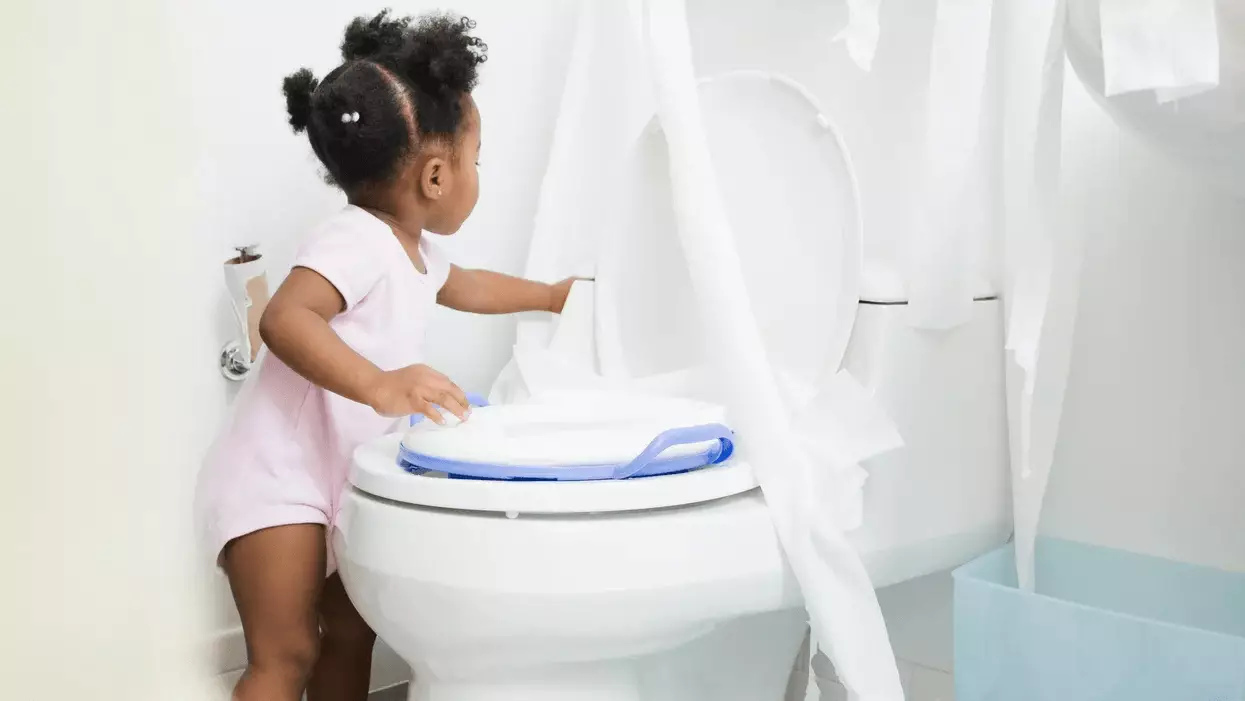Potty training is often a milestone that both parents and toddlers look forward to with a mixture of excitement and trepidation. For many parents, the process of transitioning their child from diapers to underwear can feel like navigating a whirlwind of emotions, accidents, and unforeseen challenges. Just when you think your child has mastered this significant step, life can throw curveballs that reintroduce the very issues you thought you had overcome. Whether it’s relocating, welcoming a new sibling, or adapting to broader societal changes like a pandemic, potty training regression is a common experience. Understanding how to manage this regression is essential for maintaining your child’s confidence and facilitating a smoother transition back to success.
Regressive episodes can often be a source of concern for parents—our instinct is to question how we can resolve the situation effectively. It is essential to comprehend that regression during potty training is entirely normal. Children may struggle with potty training due to significant changes in their environment or routine, leading to setbacks. It is pivotal to reassure yourself that you are not alone in this process and that patience and understanding are your best tools.
One of the most significant factors influencing a child’s potty training success is how parents respond to accidents. While it may be tempting to express frustration or disappointment, such reactions can inadvertently drive feelings of shame in your child. Instead, it is of utmost importance to adopt a calm and neutral demeanor. For example, rather than saying, “How could you do this? You’re old enough now!” consider a gentler approach: “It looks like we need to change clothes. Let’s get some clean ones.” This not only minimizes shame but also normalizes the experience, reassuring your child that regretful accidents are part of the learning curve.
Children thrive on routines; they provide stability and predictability, helping to reinforce positive behaviors. By integrating regular bathroom breaks into your child’s daily schedule, you create an environment conducive to success. Natural moments such as after meals or before outings are excellent opportunities to encourage your child to use the potty. This routine can be supplemented by positive reinforcement, such as, “Let’s use the potty before we head to the park,” which motivates them to participate willingly.
When accidents happen, involving your child in the cleanup process can help produce a sense of accountability. Allow them to assist in picking up clothes or wiping down surfaces, as this can create a learning moment about the importance of recognizing their body’s signals. Furthermore, this participatory approach emphasizes that preventing accidents is generally easier and simpler than dealing with the aftermath.
Offering Choices for Empowerment
Empowerment is vital for fostering confidence in young children. Providing them with choices during the potty training process can alleviate feelings of helplessness, especially during times of change. Simple decisions—such as choosing their underwear or selecting which bathroom to use—can help your child feel more in control and, in turn, more likely to embrace the potty experience. These empowering choices can mitigate any resistance to using the toilet, encouraging a more positive attitude overall.
Recognizing the Need for Extra Attention
Particularly when a new sibling arrives or when transitioning to a new environment, children may exhibit regression due to feelings of neglect. They often seek reassurance through positive attention. Carving out dedicated time to focus on your older child can work wonders in providing the emotional support they need. Whether it’s through shared playtime or even just sitting with them while they use the potty, every bit of attention can help bridge that gap.
Staying Consistent Through Change
Consistency is a fundamental principle in any form of behavior modification, and potty training is no exception. While it may be tempting to revert to diapers during travel or amidst other stressors, it is crucial to maintain a steady approach. A dip in consistency can confuse children, prolonging their regression. Understandably, maintaining consistency is challenging, but it significantly diminishes the likelihood of setbacks.
Potty training is akin to embarking on a journey, one that can come with unexpected detours but also opportunities for growth. While dealing with setbacks can be frustrating, it’s important to remember that they are not definitive failures but rather normal variations in the learning process. If you notice regression lingering, it’s wise to discuss your concerns with your pediatrician. Armed with understanding and patience, you can help your child navigate this crucial developmental stage, fostering confidence and independence as they move beyond the challenges of potty training.

